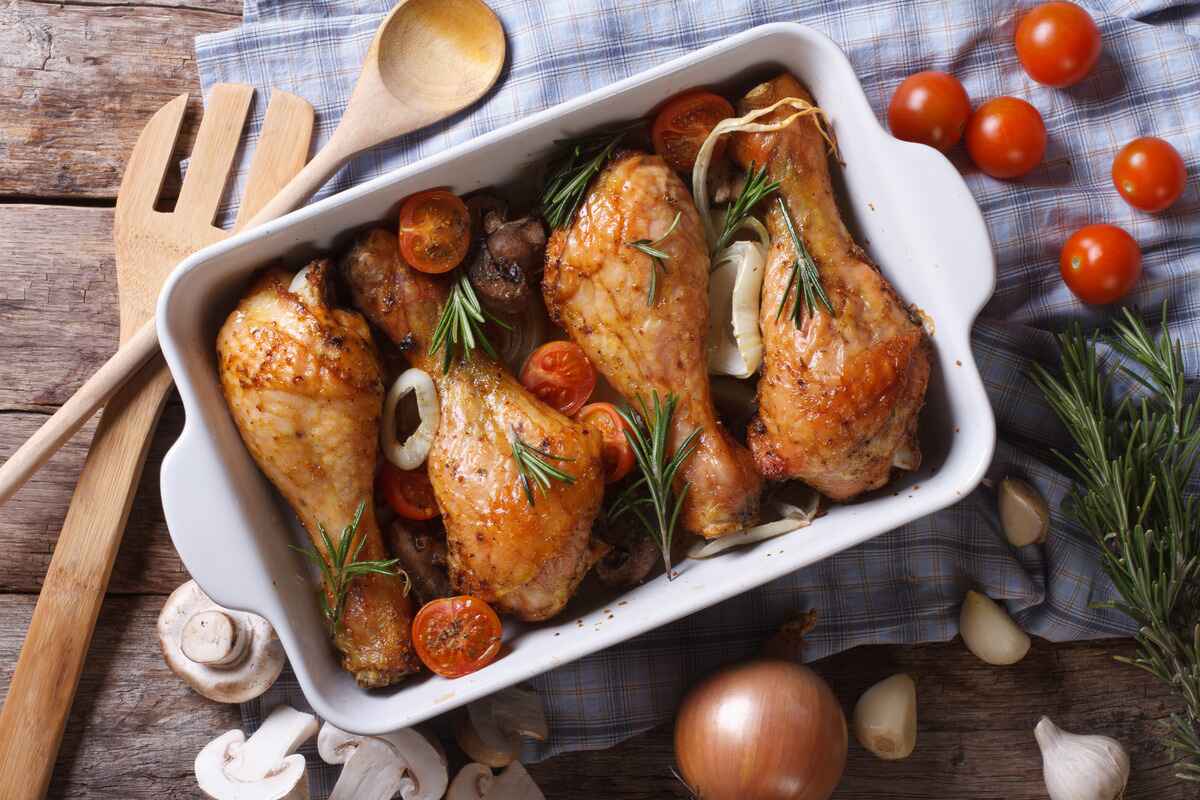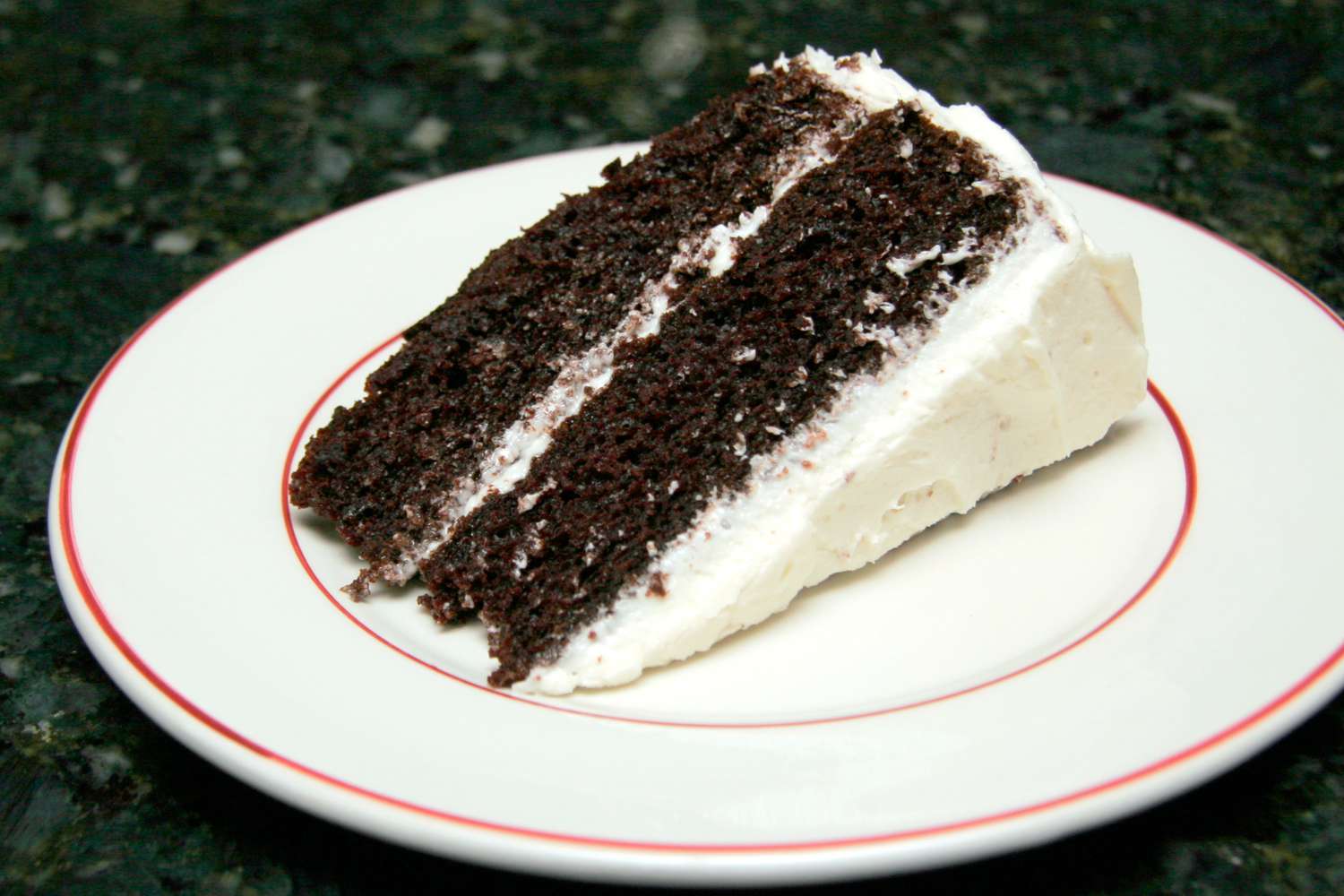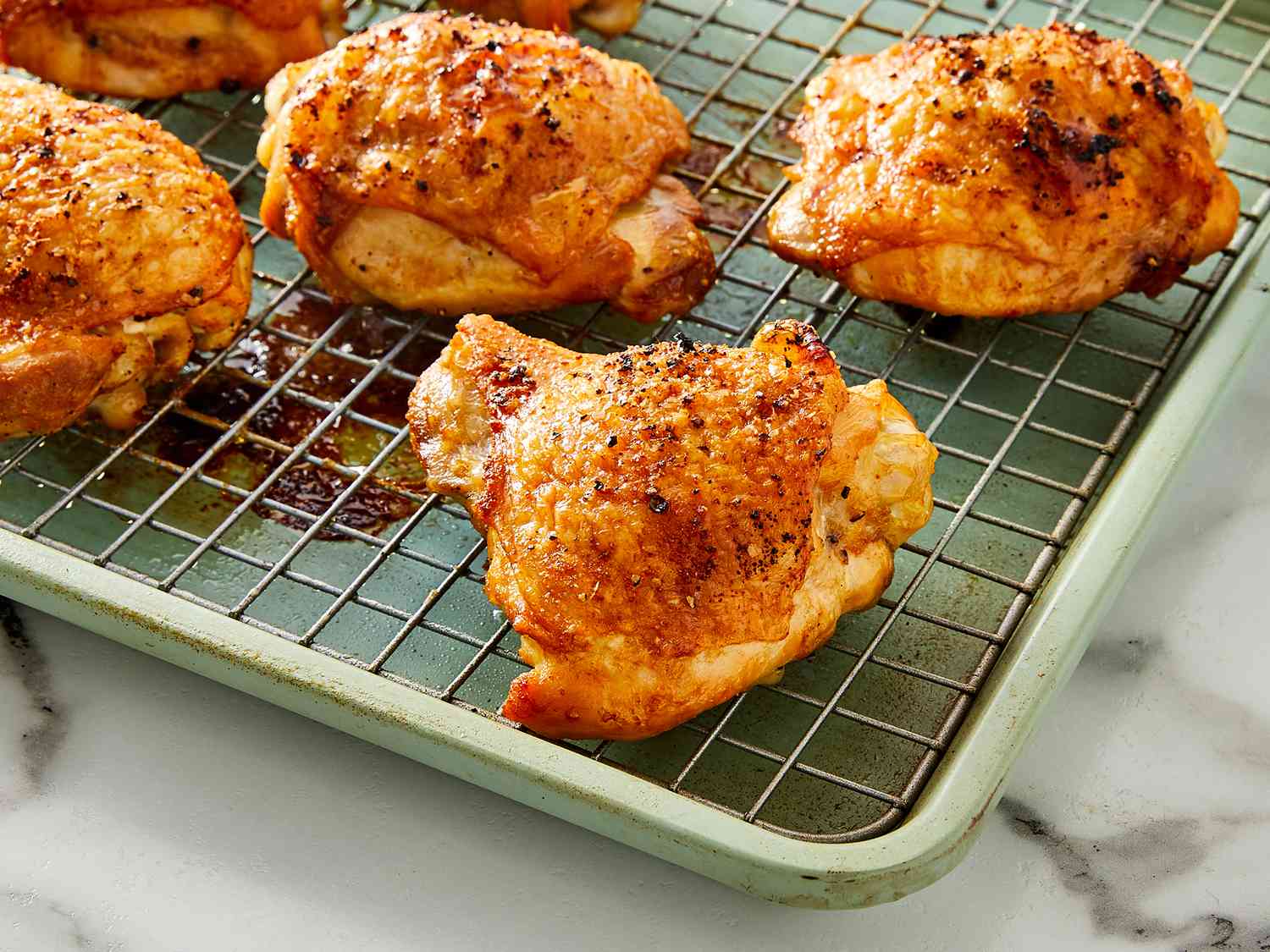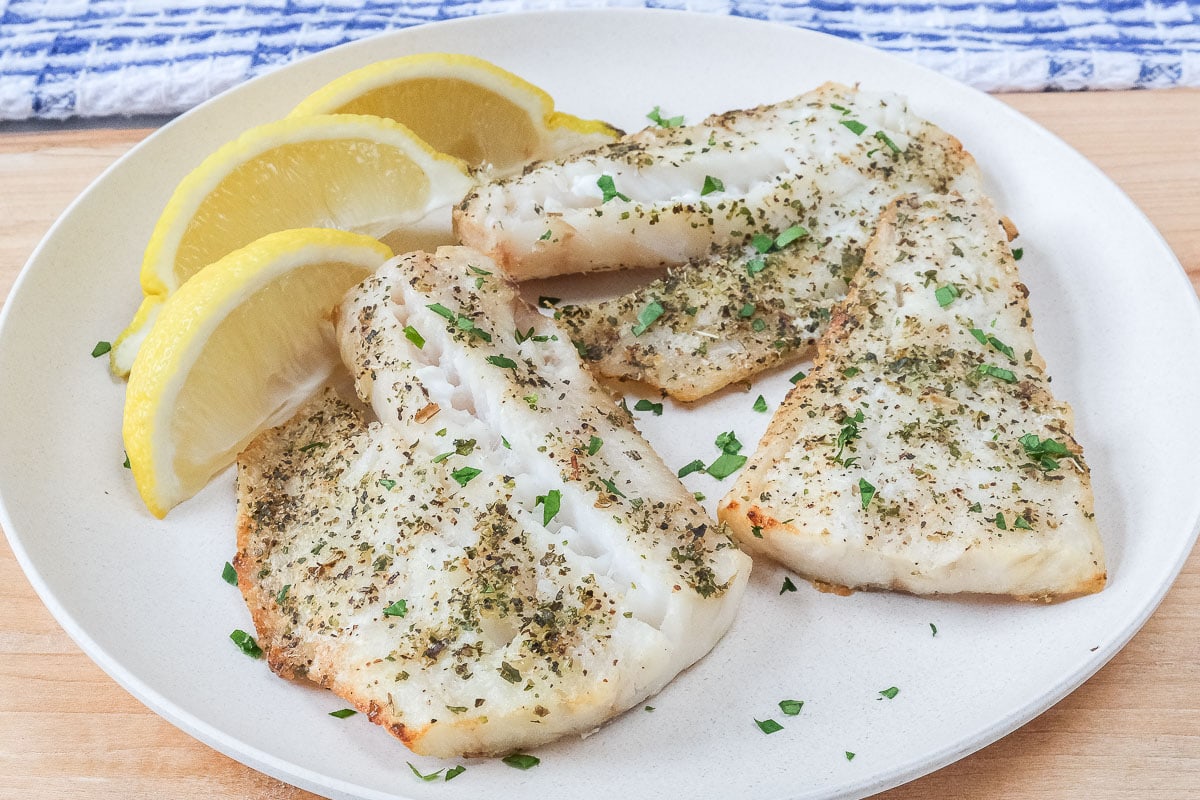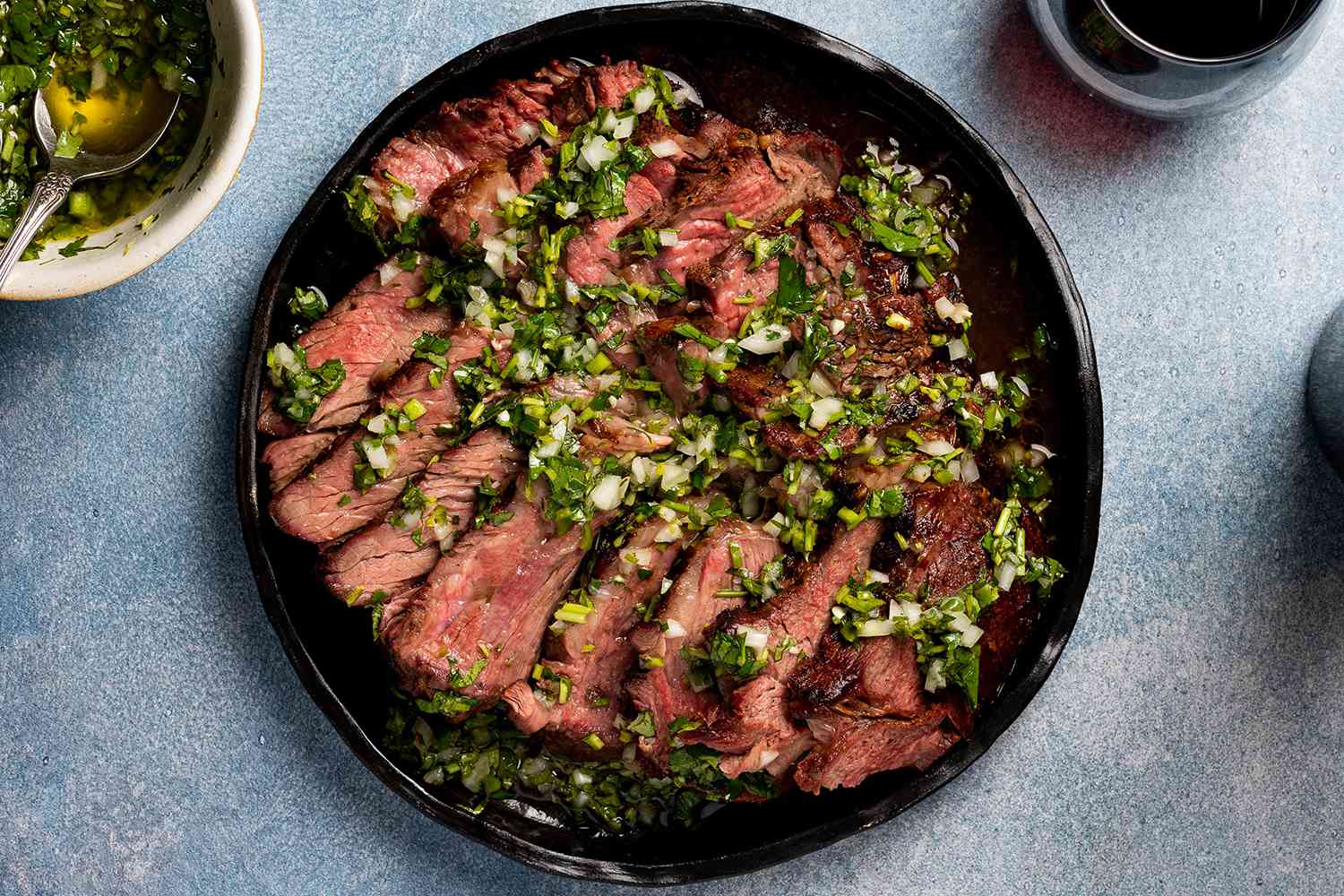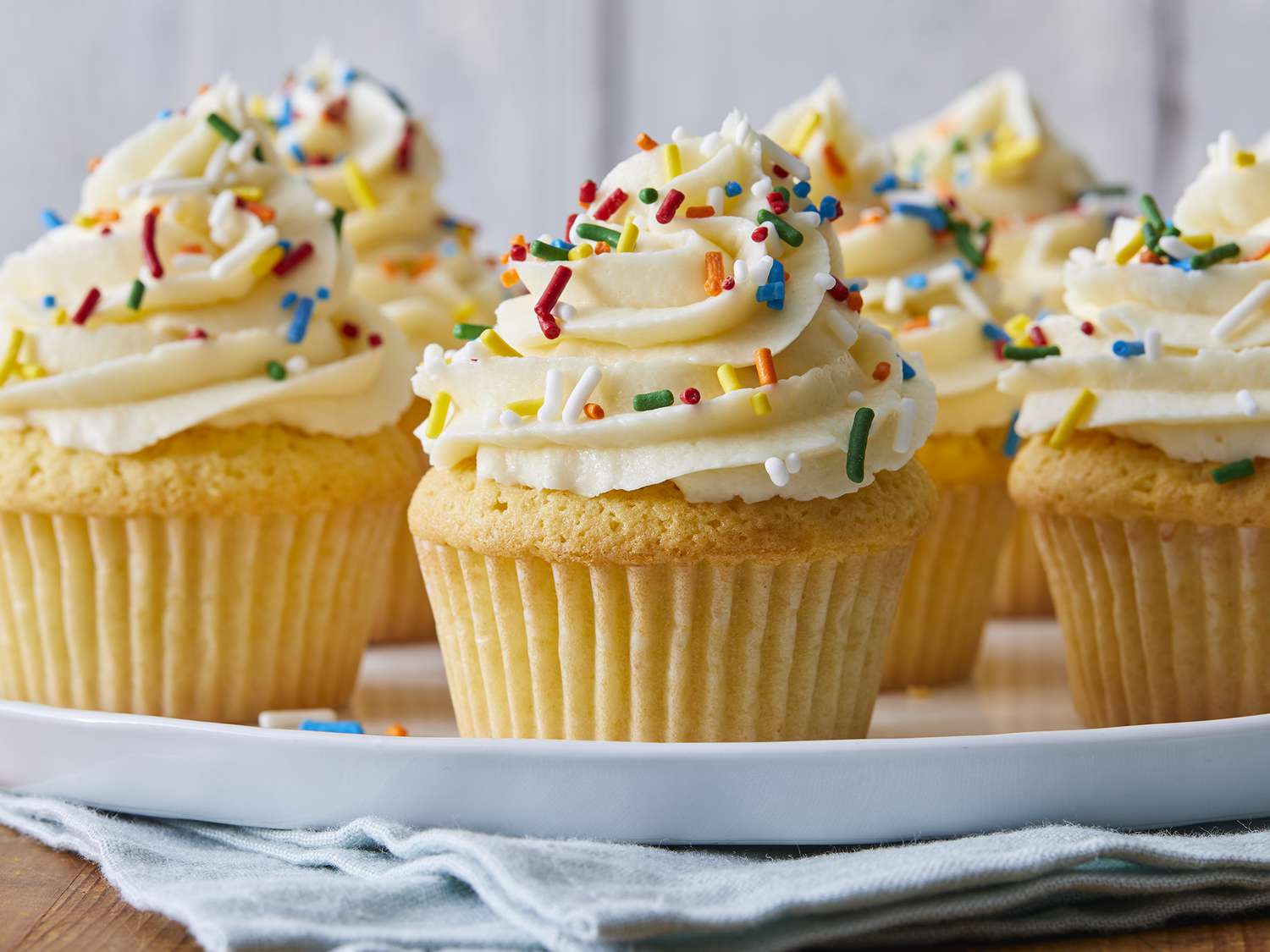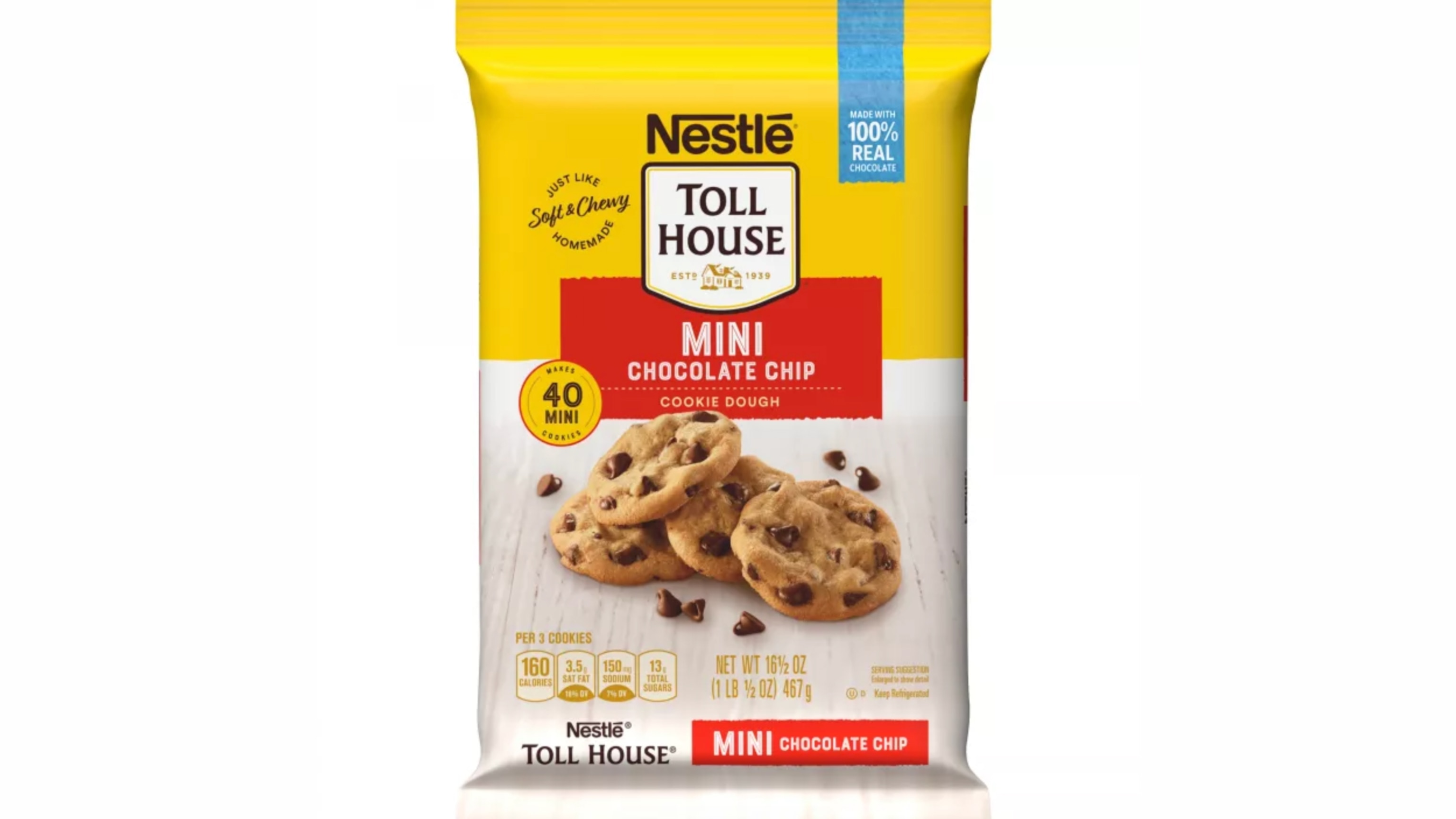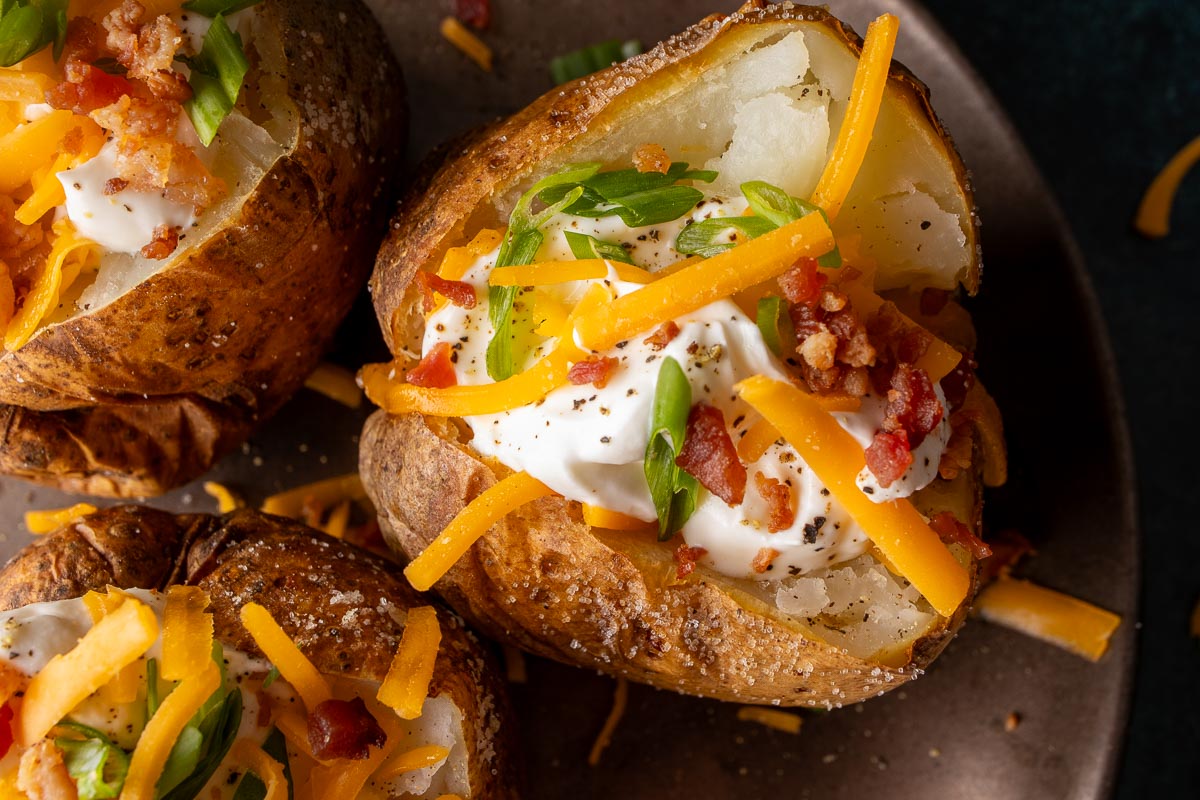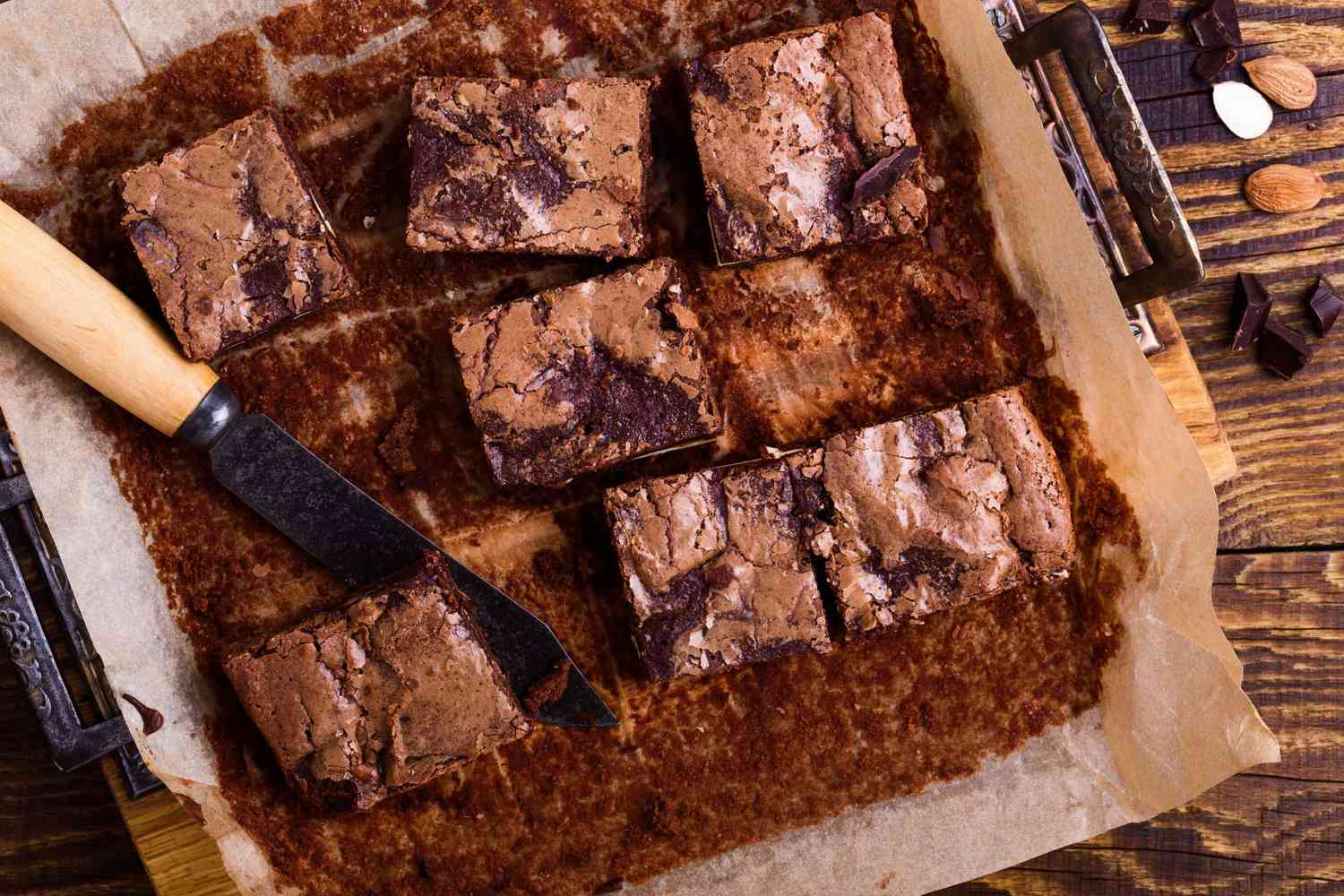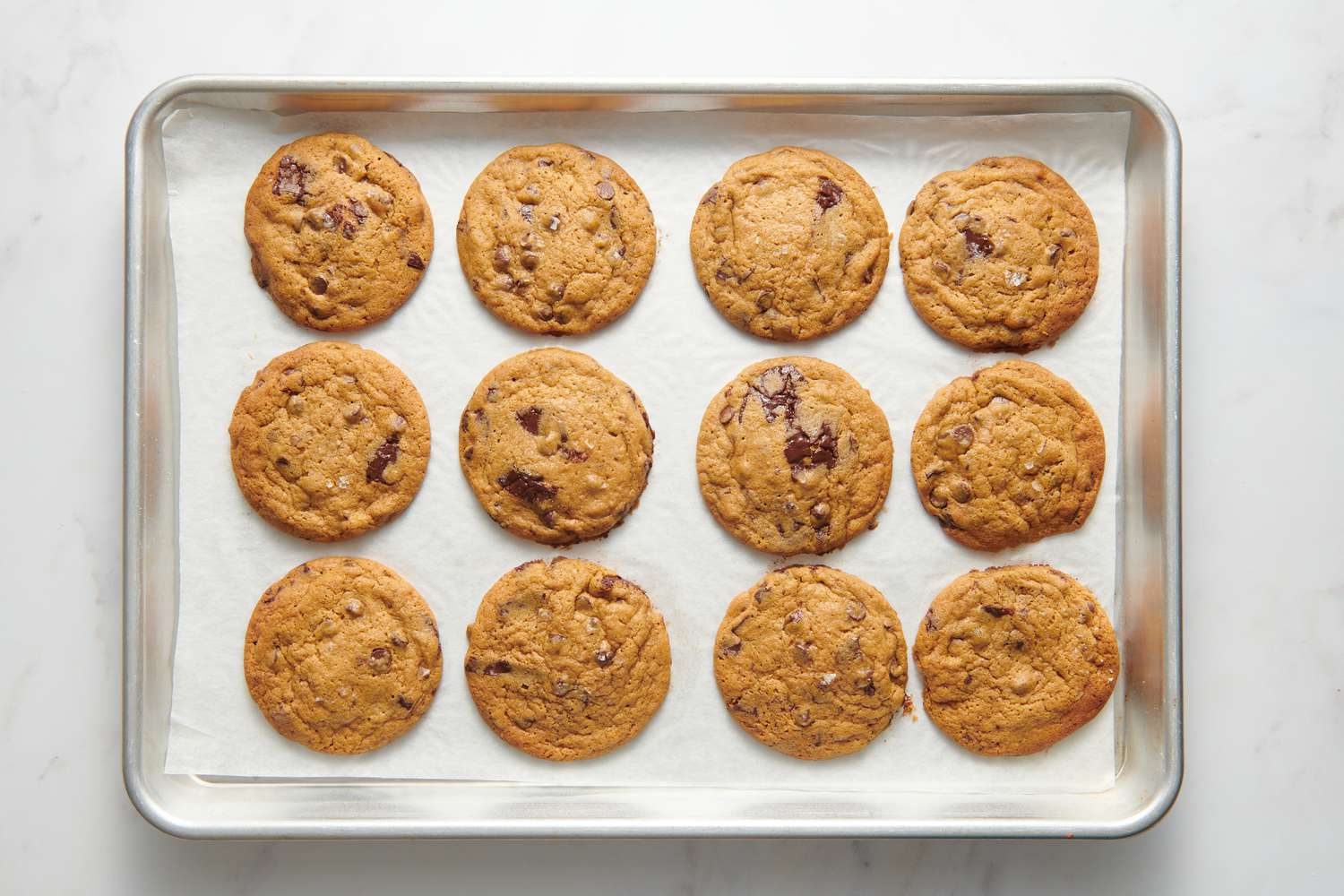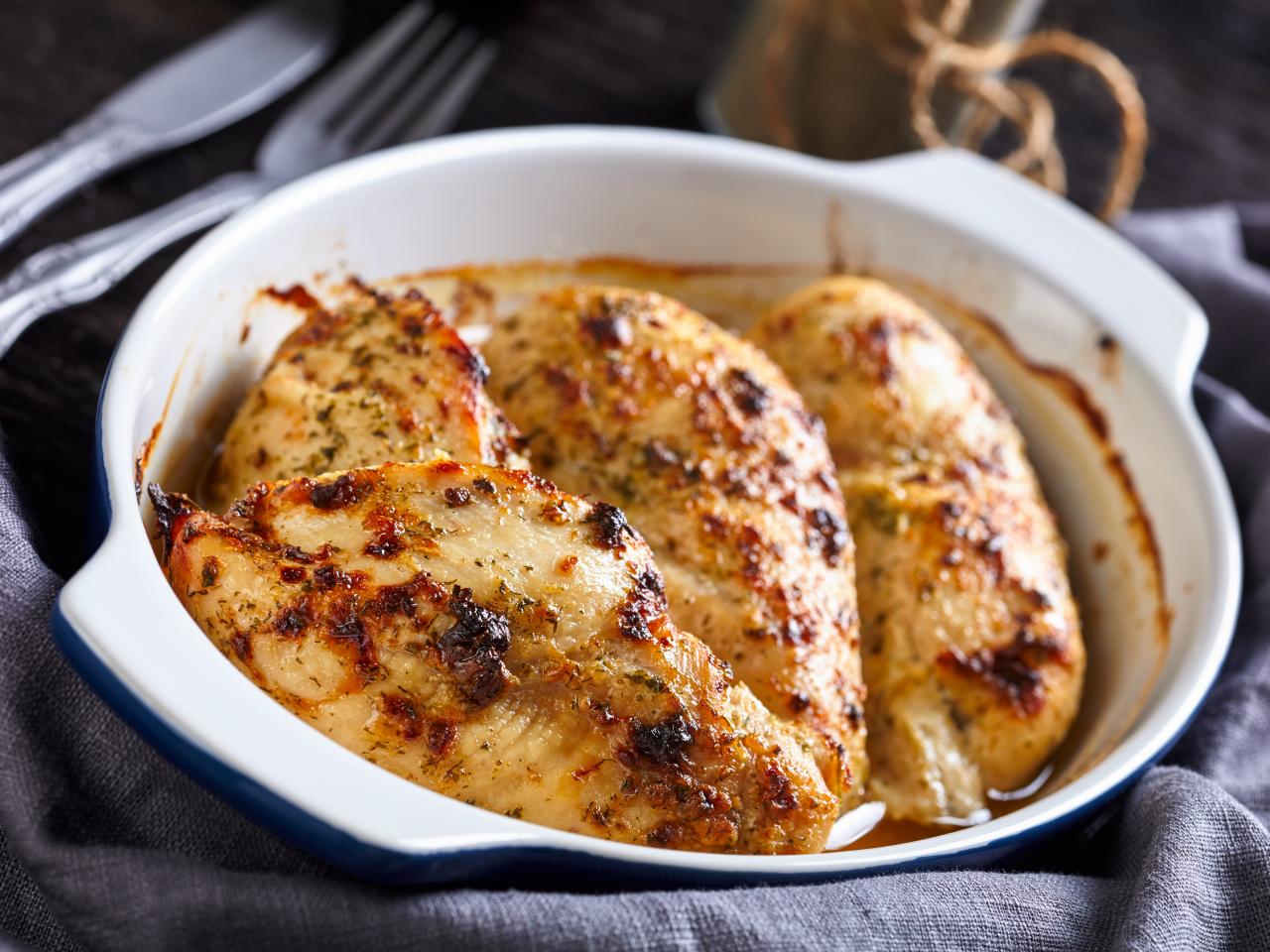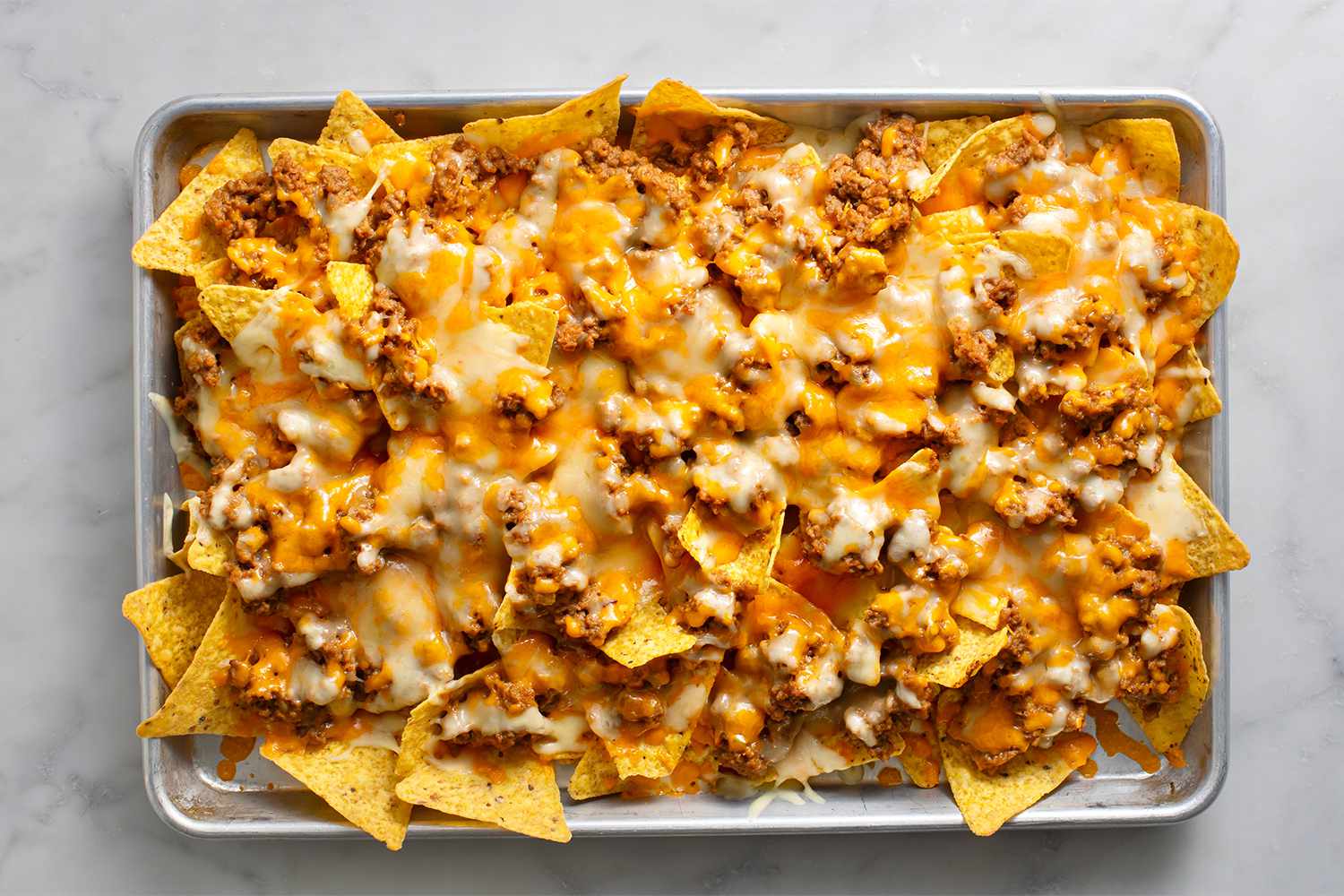Baking your first cake can feel like stepping into a magical world of flavors and aromas. Whether you're aiming to surprise someone special or just treat yourself, mastering this skill opens up endless possibilities. Don't worry if you're not a seasoned chef; everyone starts somewhere, and the journey to baking perfection is filled with delicious trials and errors. This guide will walk you through the basics, ensuring your foundation is solid. From selecting the right ingredients to understanding your oven, we'll cover everything you need to transform raw ingredients into a mouthwatering masterpiece. Ready to begin? Let's get baking!
Essential Ingredients for Your First Cake
- 2 cups all-purpose flour
- 1 1/2 cups granulated sugar
- 3/4 cup unsalted butter, softened
- 3 large eggs
- 1 cup milk
- 2 teaspoons baking powder
- 1/2 teaspoon salt
- 1 teaspoon vanilla extract
Must-Have Tools for Baking a Cake
- Mixing Bowls: Essential for combining your ingredients.
- Measuring Cups and Spoons: Accuracy is key for a perfect bake.
- Electric Mixer or Whisk: For beating batter until smooth.
- Rubber Spatula: To fold ingredients gently and scrape the bowl.
- Cake Pan: Depending on desired shape and size.
- Parchment Paper: Prevents sticking and helps in easy removal.
- Oven Thermometer: Ensures the oven is at the right temperature.
- Cooling Rack: Allows air circulation for even cooling.
- Toothpick or Cake Tester: Checks doneness.
- Wire Whisk: For dry ingredients to avoid lumps.
- Sifter: Aerates flour and helps achieve a light cake texture.
- Offset Spatula: For spreading icing smoothly.
- Pastry Brush: To apply glazes or butter.
Baking your first cake? Start with simple recipes. Measure ingredients accurately, preheat oven, and don't open oven door too early. Patience and practice lead to delicious results. Enjoy the process!
The Joy of Baking: Why You Should Bake Your First Cake
Baking your first cake marks a memorable milestone in the kitchen. This process not only teaches patience and precision but also instills a sense of accomplishment. As ingredients mix and transform, they symbolize creativity and the joy of sharing, making every slice a celebration of learning and love.
For many, the act of baking is a bridge to cherished memories and traditions. It's a way to express love, celebrate achievements, and gather people together. Starting with something as simple as a cake opens doors to endless culinary adventures, fostering connections and nurturing the soul with every bite.
Your First Cake: A Step-by-Step Guide
Gather Ingredients and Equipment
- Ingredients: Flour, sugar, baking powder, salt, eggs, milk, and butter.
- Equipment: Mixing bowls, measuring cups and spoons, mixer, spatula, cake pan, and oven.
Preheat Oven
- Set oven to 350°F (175°C). This ensures a consistent temperature throughout baking.
Prepare Cake Pan
- Grease and flour or line with parchment paper to prevent sticking.
Mix Dry Ingredients
- In a large bowl, combine 2 cups flour, 1 ½ cups sugar, 3 ½ tsp baking powder, and 1 tsp salt.
Add Wet Ingredients
- To the dry mix, add 1 cup milk, ½ cup softened butter, 1 tbsp vanilla extract, and 2 eggs.
Beat Until Smooth
- Use a mixer on medium speed for about 2 minutes, scraping sides occasionally, until batter is smooth.
Pour Batter into Pan
- Transfer batter to the prepared cake pan, spreading evenly.
Bake
- Place in preheated oven and bake for 30-35 minutes, or until a toothpick inserted into the center comes out clean.
Cool Cake
- Allow to cool in the pan for 10 minutes, then remove from pan and transfer to a wire rack to cool completely.
Decorate
- Once cooled, decorate as desired with frosting, fruit, or sprinkles.
Mastering Your Cake Baking Adventure
Baking your first cake is a milestone worth celebrating. With patience, practice, and a pinch of creativity, you'll find that making a homemade cake isn't just about following a recipe—it's about crafting an experience. Remember, every baker started somewhere, and each mistake is just another step towards perfection. Keep experimenting with flavors, decorations, and techniques. Your kitchen is your playground, and the possibilities are endless. So, grab your whisk, preheat your oven, and embark on this sweet journey. Before you know it, you'll be whipping up delectable cakes that'll impress not just your taste buds but your loved ones too. Happy baking!
Common Questions About Baking Your First Cake
What do I need to bake my first cake?
Well, diving right in, you'll need some basic ingredients: flour, sugar, eggs, butter, and baking powder are your starters. Don't forget a pinch of salt and some vanilla extract for that extra flavor kick. Equipment-wise, grab a mixing bowl, whisk or mixer, measuring cups and spoons, and a baking pan. Prepping these beforehand makes the process smoother.
How long does it take to bake a cake?
On average, baking a cake can take anywhere from 25 to 35 minutes. But hey, don't just clock watch; use a toothpick to check doneness. If it comes out clean after poking the cake's center, you're golden.
Can I bake a cake without an electric mixer?
Absolutely! A good ol' whisk or even a wooden spoon paired with some elbow grease works just fine. Mixing your batter this way might take a bit longer, but it's totally doable and can be quite the arm workout.
What's the secret to a fluffy cake?
Ah, the age-old quest for fluffiness. The trick lies in how well you beat your eggs and sugar. Aim for a pale and creamy mixture. Also, sifting your flour before adding it to the mix can introduce more air, making your cake lighter.
Why did my cake come out dry?
Dry cakes often result from overbaking or not adding enough moisture to your batter. Make sure to measure your ingredients accurately, especially the wet ones. And keep an eye on your baking time – every oven is a bit different.
Can I substitute ingredients if I'm missing something?
Sure thing, substitutions can save the day. No butter? Use oil. Out of eggs? Mashed bananas or applesauce might work, depending on the recipe. Just be aware that swapping ingredients can change the texture and taste a bit.
How do I know when my cake is fully baked?
Besides the toothpick test, look for edges pulling slightly away from the pan and a springy top. If your cake passes these tests, it's ready to come out of the oven.
